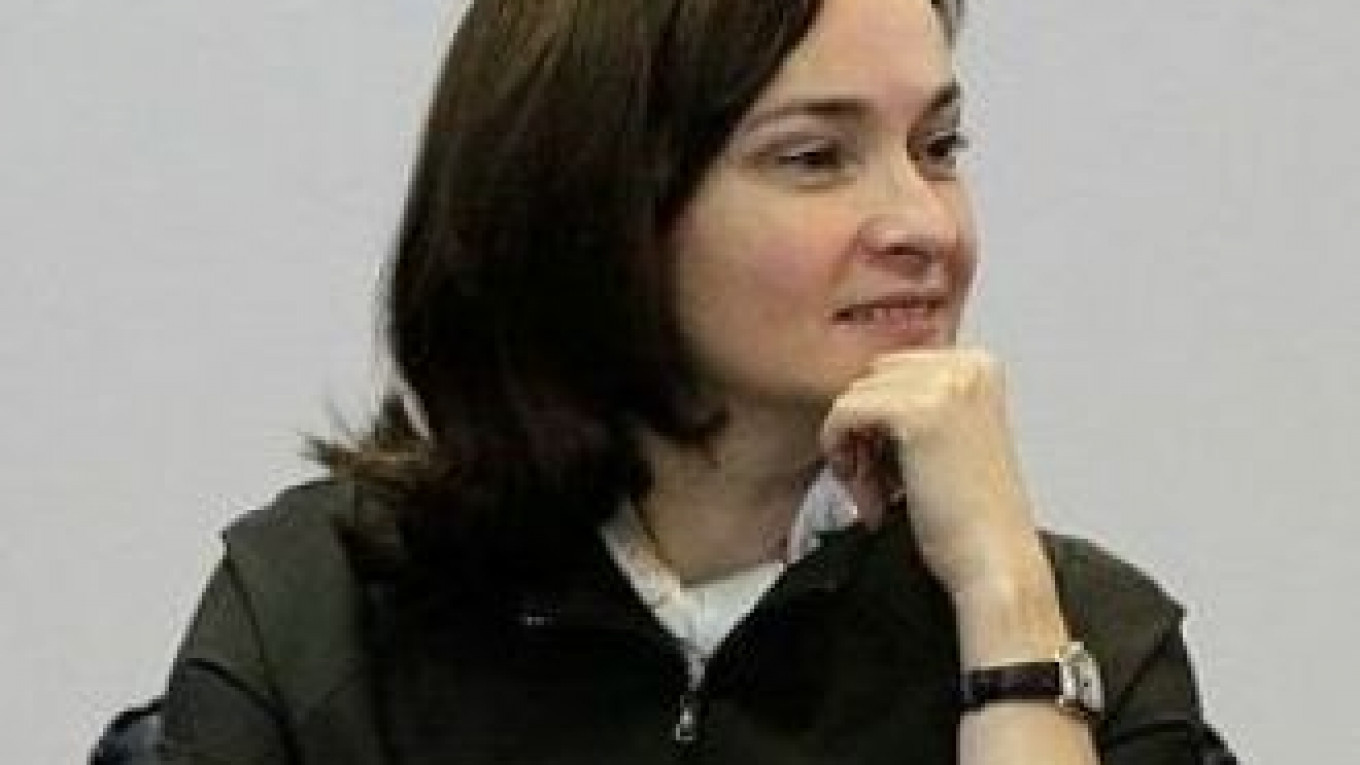Morgan Stanley joined the ranks of those predicting a sluggish period for the Russian economy Monday as it cut its 2013 growth forecast to below 3 percent.
The New York-based investment bank lowered its expectations for this year's growth to 2.9 percent, down from the 3.1 percent it predicted four months ago. It reduced its 2014 forecast from 3.7 percent to 3.4 percent.
Economic torpor is making the government's growth targets seem unrealistic, said Jacob Nell, chief Russia economist for Morgan Stanley.
"Economists don't believe in miracles," Nell told reporters. "The 5 to 6 percent target that the government has set requires some sort of policy change or autonomous action that I can't see at the moment."
Russia's economy slowed from 4.3 percent growth in 2011 to 3.4 percent last year.
Falling growth predictions make Russia stand out from its peers. While Russia was downgraded, Morgan Stanley has not altered its forecasts for 2013 emerging market growth of 5.4 percent.
More positive macroeconomic news could instead be found in inflation, which is likely to moderate through 2013, according to Morgan Stanley.
"Inflation good, growth bad," Nell said.
A lower level of inflation would be driven by slowing monetary growth, a new 6 percent cap on utility price increases and more stable food prices, according to Morgan Stanley.
Last week it was announced that Elvira Nabiullina, a current adviser to President Vladimir Putin, would be the next head of the Central Bank, an organization that has been under pressure to risk rising inflation by a cut in interest rates designed to stimulate economic growth.
But a rate cut is unlikely until September or October, after the harvest has been gathered, according to Morgan Stanley.
"Nabiullina will want to be conservative, given some of the risks from her background of being perceived as dovish," Nell said. "She'll only feel comfortable easing rates once inflation has fallen clearly back into the 5 to 6 percent target range."
Contact the author at h.amos@imedia.ru
Related articles:
A Message from The Moscow Times:
Dear readers,
We are facing unprecedented challenges. Russia's Prosecutor General's Office has designated The Moscow Times as an "undesirable" organization, criminalizing our work and putting our staff at risk of prosecution. This follows our earlier unjust labeling as a "foreign agent."
These actions are direct attempts to silence independent journalism in Russia. The authorities claim our work "discredits the decisions of the Russian leadership." We see things differently: we strive to provide accurate, unbiased reporting on Russia.
We, the journalists of The Moscow Times, refuse to be silenced. But to continue our work, we need your help.
Your support, no matter how small, makes a world of difference. If you can, please support us monthly starting from just $2. It's quick to set up, and every contribution makes a significant impact.
By supporting The Moscow Times, you're defending open, independent journalism in the face of repression. Thank you for standing with us.
Remind me later.







